Natural menopause remedies
By naturopath Margaret Jasinska
Menopause symptoms can range from mild and slightly annoying to overwhelming and debilitating. A lot of women don’t want to take hormone replacement therapy, or they’re not able to due to past health history. Fortunately there are several safe and effective options for managing the most common symptoms.
Hot flushes and night sweats are usually the worst symptoms because they can significantly disrupt sleep. Long term sleep deprivation inevitably leads to exhaustion, with a significant increase in the risk of depression or anxiety. Vaginal dryness is another common menopause symptom that greatly reduces quality of life for some women.
There are a range of treatment options available to women for dealing with menopause symptoms, ranging from prescription hormones, natural bio-identical hormones (which require a doctor’s prescription), herbal remedies and lifestyle changes. Most women are able to find a treatment that works for them. Some women wish to avoid the use of hormones because of concerns about their safety, while other women are not able to use hormones because of previous illness, such as breast cancer.
The healthier you are throughout your life, the less likely you are to have problems with menopause. Women who are a healthy weight, eat well and exercise regularly usually experience fewer symptoms of menopause. While women menstruate, most of their hormones are produced in their ovaries, adrenal glands and body fat. After menopause it is the adrenal glands and body fat that produce sex hormones, albeit in much smaller quantities.
The healthier your adrenal glands are throughout your life, the easier your menopause will probably be. That is why women who have experienced intensely stressful situations or women who lived with chronic stress experience much worse menopause symptoms. Stress depletes your adrenal glands, but so do stimulants. Stimulants such as caffeine, nicotine and sugar overstimulate the adrenal glands and in time can lead to adrenal gland exhaustion. Therefore women who consume a lot of stimulants over their lifetime usually run out of hormones sooner and have a difficult menopause.
Hot flushes are not always due to oestrogen deficiency. There are a few other possible causes. Women who carry excess abdominal weight and women who have a fatty liver are much more likely to get hot flushes than slim women with a healthy liver. Women who regularly drink alcohol are also more prone to hot flushes and night sweats than women who don’t.
High blood pressure can cause or aggravate hot flushes. Bringing the blood pressure back down to normal can completely eliminate hot flushes for many women. If diet and lifestyle changes are not effective at lowering blood pressure, the prescription drug called clonidine (brand name Catapres) is usually very effective at eliminating or reducing hot flushes in women with high blood pressure.
Stress and anxiety can also generate hot flushes. Therefore nutritional support of the nervous system can address hot flushes in some women. Magnesium, meditation, deep breathing exercises and yoga can all help stress and anxiety. Regular exercise is a vital part of any healthy lifestyle and research has shown that regular aerobic exercise is one of the best remedies for hot flushes.
Additional tips you may find helpful:
- Try to maintain a healthy weight and a slim waist. Overweight women are more prone to hot flushes, especially if they carry their weight on their abdomen. Underweight women are also more prone to symptoms of oestrogen deficiency, as they make very little oestrogen in their body fat.
- Check if you have a fatty liver. Women with a fatty liver are more prone to hot flushes. A good diet can correct this. See the book Fatty Liver: You Can Reverse It.
- Exercise regularly. Aerobic exercise that makes you huff and puff and sweat is excellent for preventing hot flushes.
- Try to minimise stress and anxiety. Stress, anxiety and tension can all promote hot flushes, night sweats, mood changes and insomnia. You can reduce stress by changing the way you perceive situations in your life, learning new coping skills, or making changes to your circumstances. Taking time out to look after yourself and doing things that make you happy is also important. Magnesium supplements can help because magnesium has a relaxing effect on the body.
- Maintain normal blood pressure. High blood pressure can promote or worsen hot flushes. Weight loss, a low carbohydrate eating plan and stress reduction can help correct blood pressure.
- Have a phyto-estrogen rich diet. The mild plant oestrogens present in ground flaxseeds, legumes (peas, beans, lentils), nuts and seeds have hormone balancing properties and can help to alleviate the symptoms of menopause.
- Magnesium may improve your sleep quality. Magnesium relaxes the nerves and muscles of the body and can promote a deeper sleep.
- Lubricants may help vaginal dryness. Oestrogen deficiency causes thinning of the vaginal lining and this can cause vaginal dryness and discomfort during intercourse. Choose a lubricant that is completely natural and free of petrochemicals and paraben preservatives.
For more information about menopause treatment options, see Dr Cabot’s book Hormone Replacement: The Real Truth.


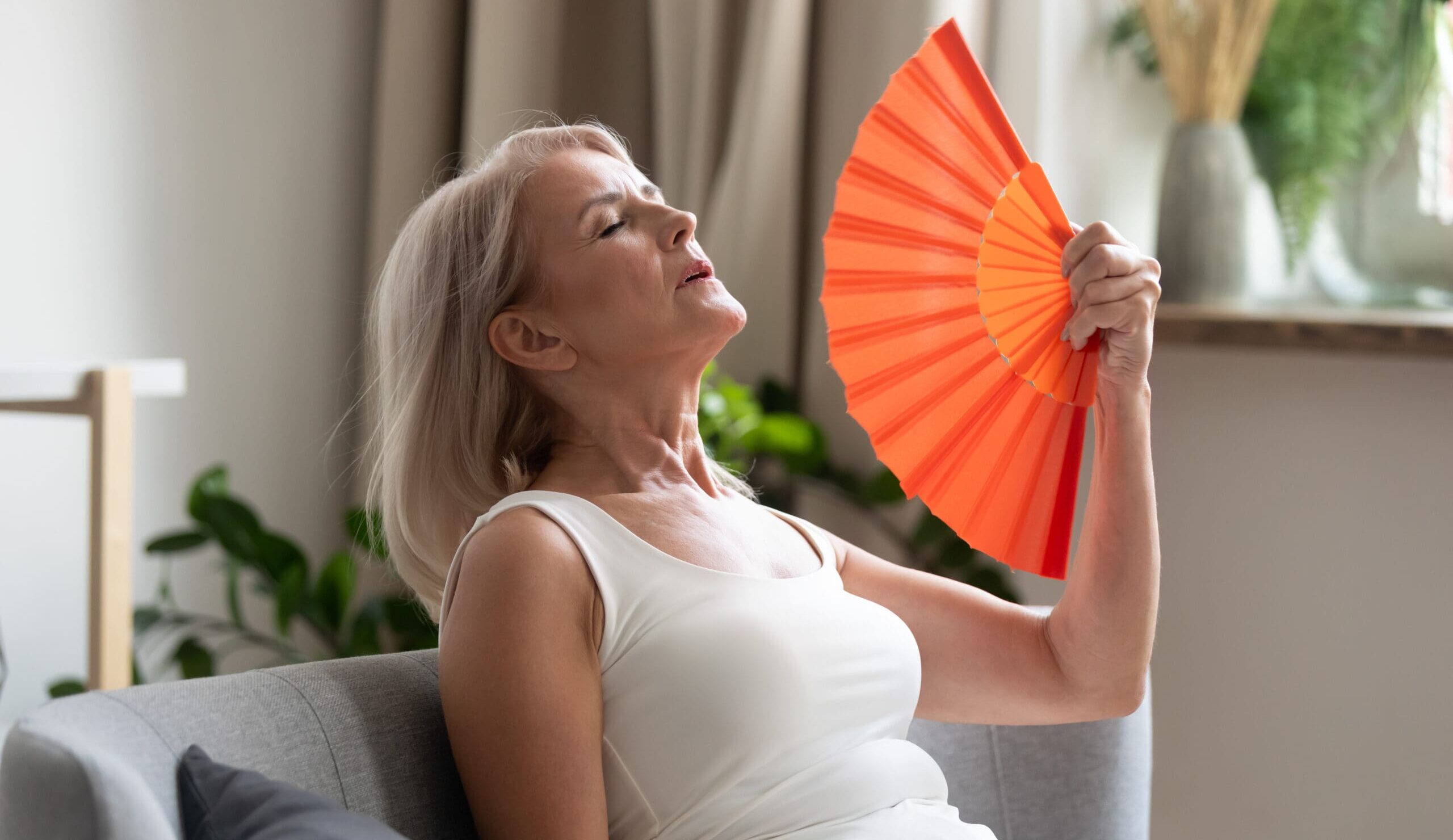

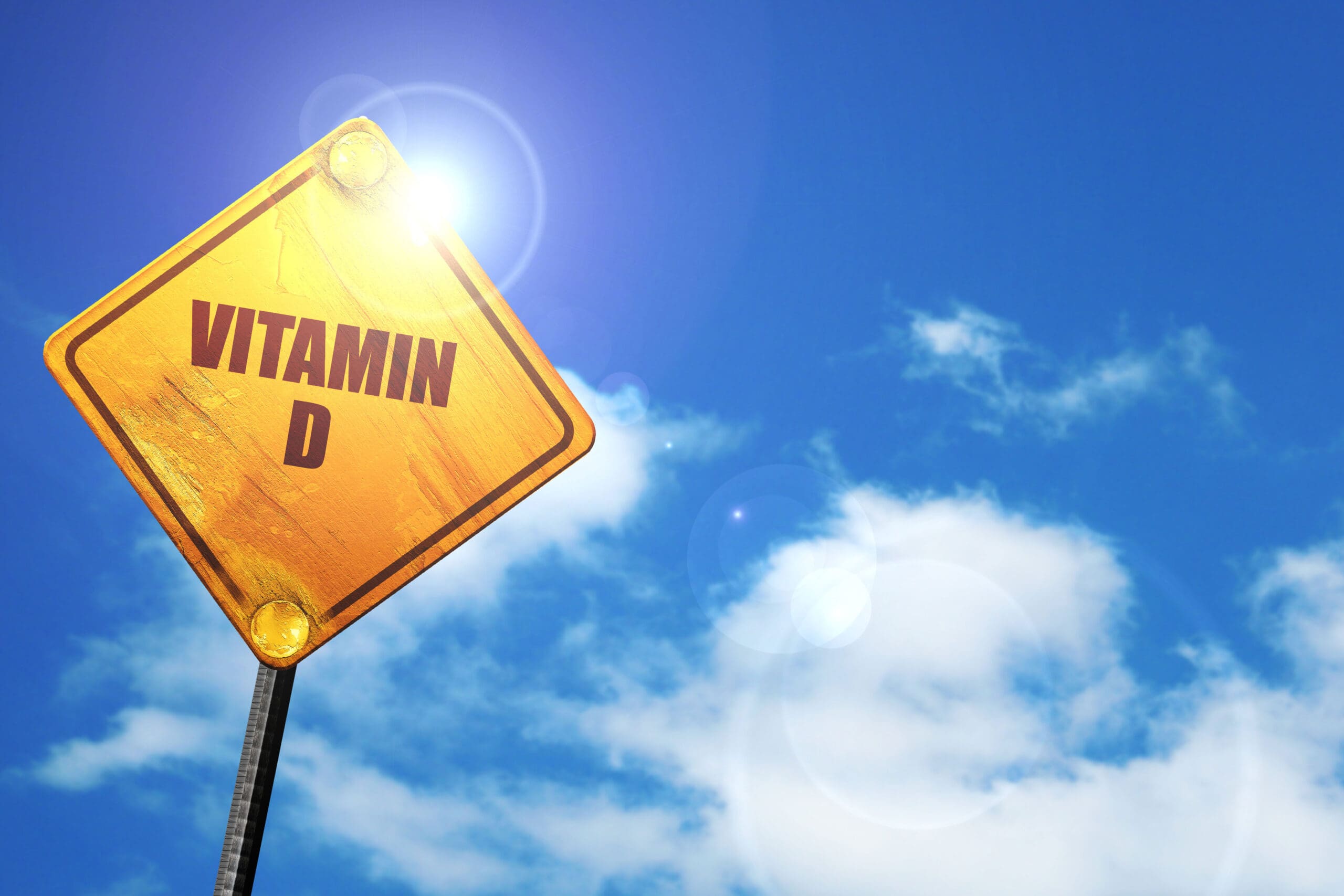
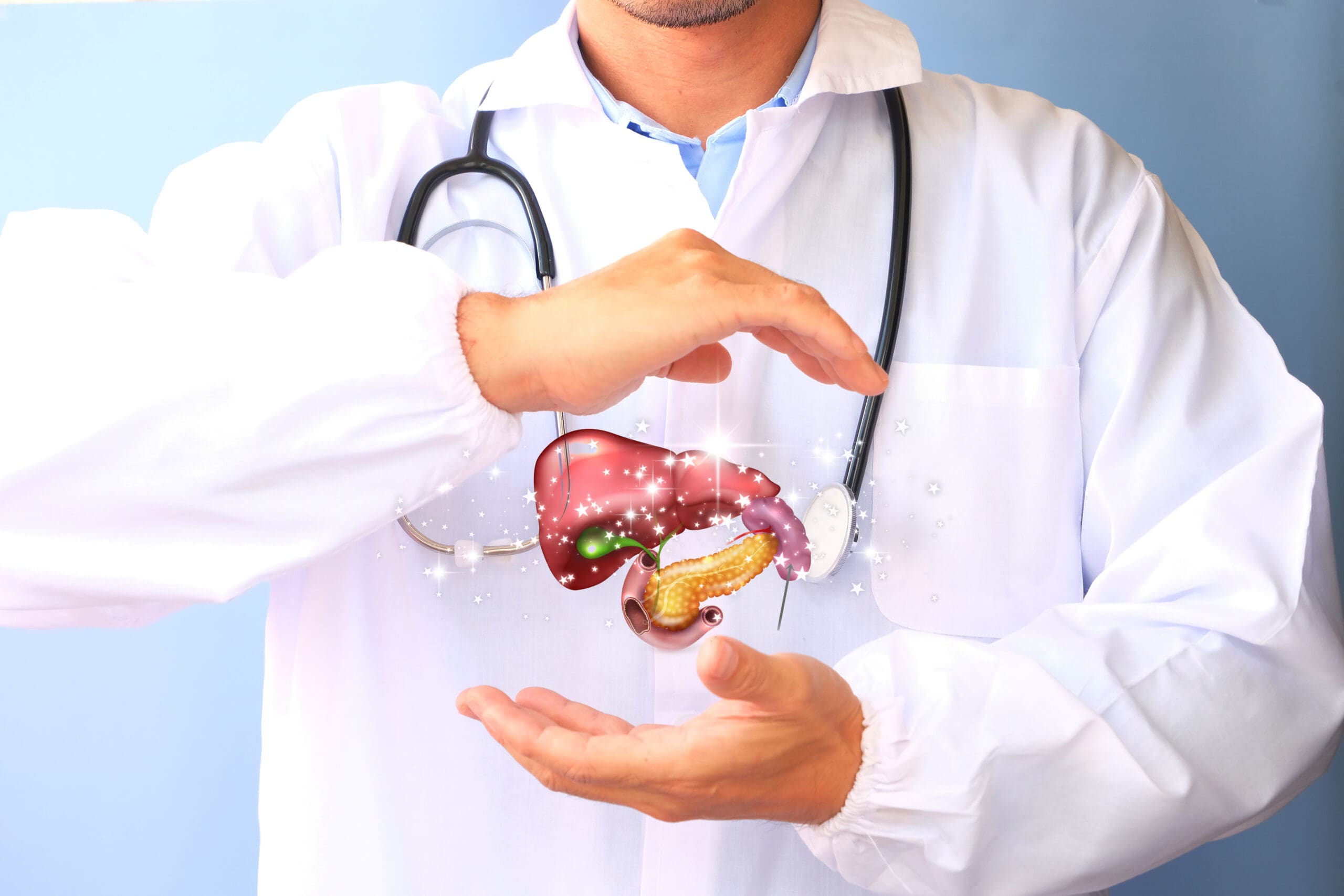
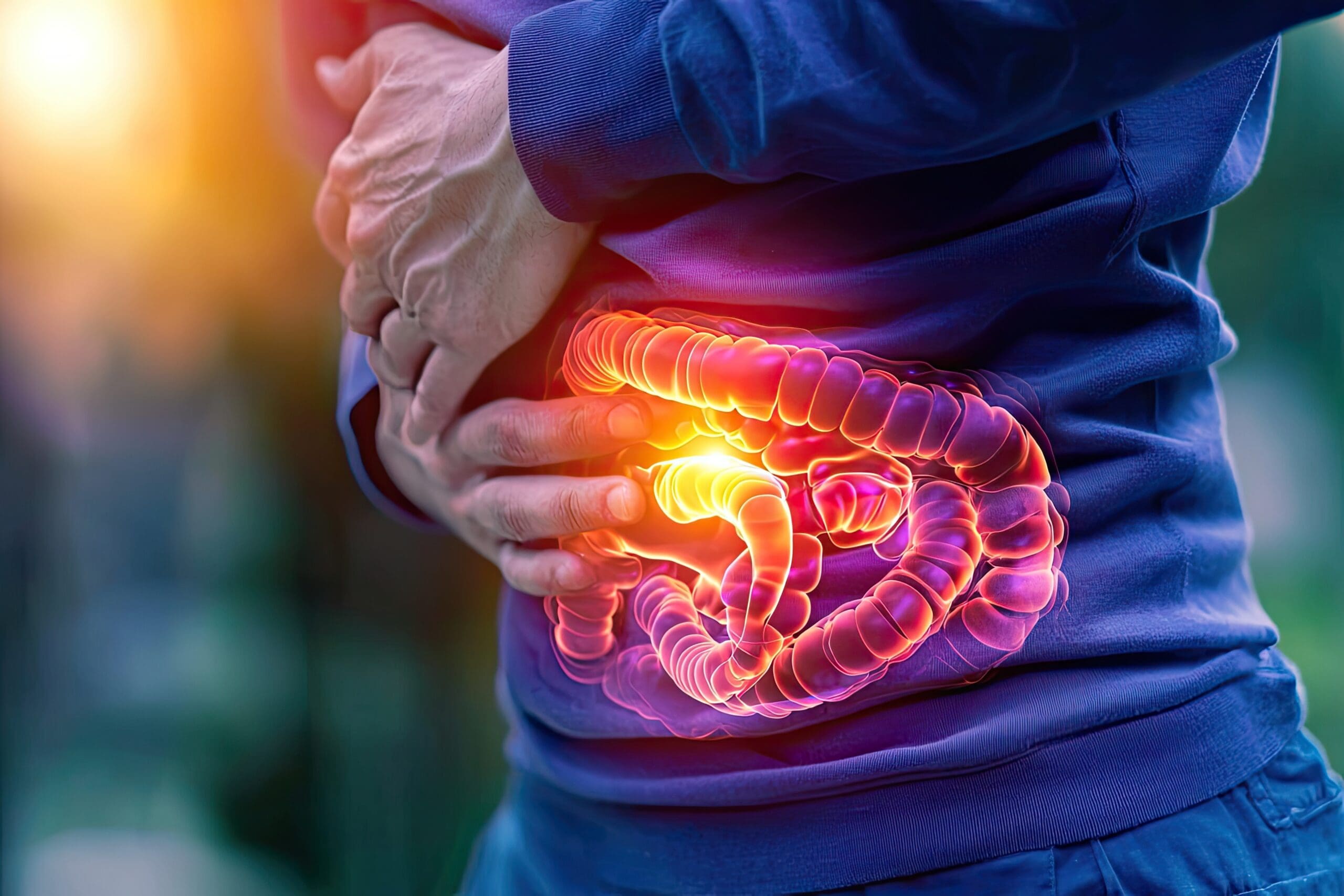

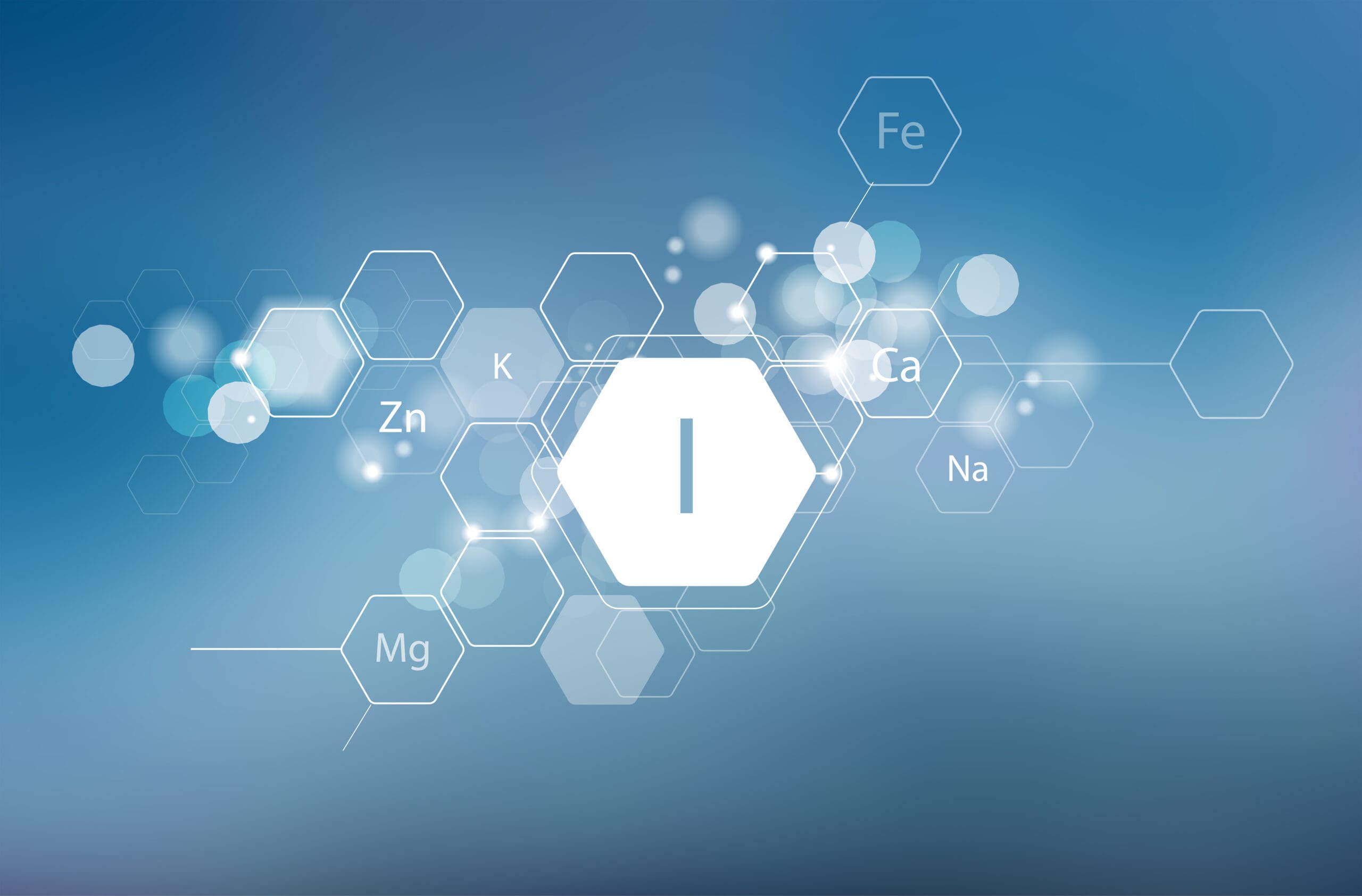
Leave A Comment